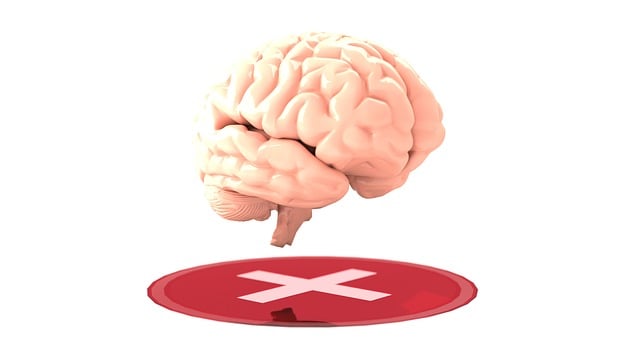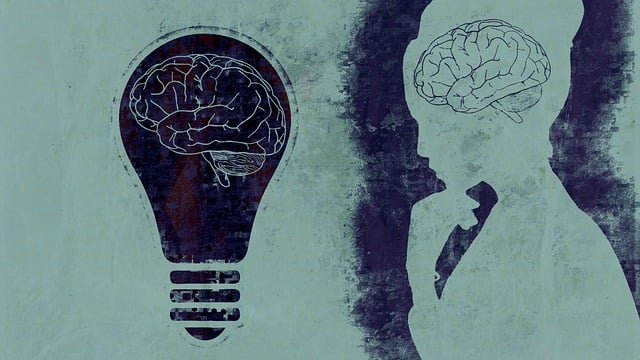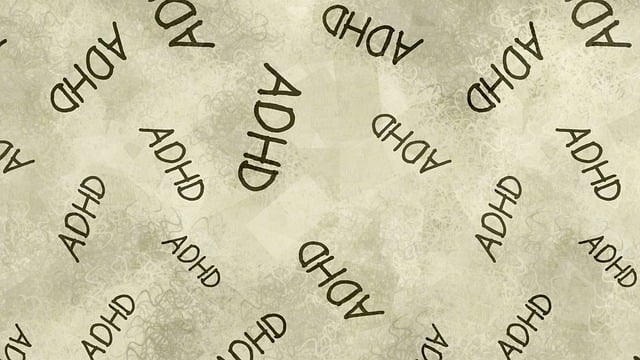Mental healthcare professionals must prioritize cultural sensitivity when treating complex conditions like bipolar disorder, especially in diverse societies. 'Westminster Bipolar Disorder Therapy' exemplifies this need for tailored support that considers unique cultural challenges. Effective strategies include active listening, open dialogue, and respectful communication, alongside stress management workshops preserving cultural identities. Overcoming misconceptions about cultural competence, therapists must adapt techniques to clients' backgrounds, values, and communication styles, forming stronger therapeutic alliances and improving outcomes. Best practices involve educating therapists on diverse cultural beliefs, using preferred communication methods, addressing language barriers, and integrating traditional healing practices or adapting evidence-based treatments.
In an increasingly diverse society, cultural sensitivity in mental healthcare is paramount. The practice of Westminster bipolar disorder therapy, or any form of treatment, must consider the unique cultural backgrounds and experiences of patients. This article explores key aspects of cultural diversity in mental health, its impact on treatment outcomes, and challenges often associated with cultural competence. We delve into strategies for integrating cultural awareness during therapy sessions and best practices for providing sensitive, effective care.
- Understanding Cultural Diversity in Mental Healthcare
- The Impact of Cultural Sensitivity on Treatment Outcomes
- Challenges and Misconceptions About Cultural Competence
- Integrating Cultural Awareness into Therapy Sessions
- Best Practices for Providing Culturally Sensitive Care
Understanding Cultural Diversity in Mental Healthcare

In today’s diverse society, mental healthcare professionals must be adept at understanding and navigating cultural diversity to provide effective treatment. Cultural sensitivity is a key aspect of ensuring inclusive care, especially when addressing complex conditions such as bipolar disorder. The term ‘Westminster Bipolar Disorder Therapy’ reflects this need for tailored support, recognizing the unique challenges faced by individuals from diverse ethnic and cultural backgrounds struggling with mental health issues.
Building empathy is a powerful strategy to foster cultural sensitivity in therapy sessions. Mental health professionals can employ techniques like active listening, encouraging open dialogue, and incorporating communication strategies that respect and value different cultural perspectives. Additionally, organizing stress management workshops specifically tailored for diverse communities can provide valuable tools for coping with mental health challenges while preserving cultural identities. These approaches ensure a more harmonious connection between therapists and clients from various cultural backgrounds, ultimately enhancing the effectiveness of treatment.
The Impact of Cultural Sensitivity on Treatment Outcomes

Cultural sensitivity plays a pivotal role in shaping successful treatment outcomes within mental healthcare. By embracing and understanding diverse cultural backgrounds, therapists can create inclusive environments that foster trust and open communication with clients. This is especially crucial when addressing complex conditions such as bipolar disorder, which may manifest differently across various ethnic and cultural groups.
Incorporating cultural sensitivity into therapy practices enables mental health professionals to tailor their approaches, ensuring effective interventions for individuals from diverse communities. For instance, therapists can incorporate specific cultural healing methods, like those drawing on traditional practices or community support networks, alongside evidence-based treatments. This holistic integration of cultural considerations not only enhances treatment adherence but also promotes positive outcomes in managing symptoms, reducing stress, and improving overall mental wellness. Such tailored care has the potential to revolutionize therapy for conditions like Westminster Bipolar Disorder, reflecting the intricate interplay between culture and mental health.
Challenges and Misconceptions About Cultural Competence

Cultural sensitivity is a cornerstone of effective mental healthcare, yet navigating this aspect presents unique challenges. One significant hurdle is overcoming misconceptions surrounding cultural competence. Many professionals mistakenly believe that being culturally sensitive simply means adapting to a patient’s cultural background, akin to changing a therapy style like Westminster Bipolar Disorder Therapy to suit every client. However, it’s not just about tailoring approaches; it involves deeply understanding and appreciating diverse cultural perspectives, values, and communication styles.
Moreover, the concept challenges common stereotypes and assumptions, which can be especially prevalent in healthcare settings. For instance, attributing behavioral traits or mental health issues solely to cultural factors without considering biological or environmental influences is a misconception that hinders progress. A holistic approach, integrating elements from the Mental Wellness Podcast Series Production, such as promoting open dialogue, active listening, and fostering trust, alongside techniques like Conflict Resolution Techniques to address cultural differences, is crucial for providing culturally sensitive care.
Integrating Cultural Awareness into Therapy Sessions

In integrating cultural awareness into therapy sessions for conditions like bipolar disorder, therapists in Westminster must recognize and respect the unique cultural backgrounds of their clients. This involves adapting therapeutic techniques to align with individual cultural values, beliefs, and communication styles. By fostering a culturally sensitive environment, therapists can build stronger therapeutic alliances, leading to enhanced engagement and improved treatment outcomes. For instance, certain communities may prioritize collective decision-making or have specific expressions of emotional distress that differ from mainstream norms.
A key strategy is incorporating mental wellness journaling exercises tailored to the client’s cultural context. This practice allows individuals to articulate their experiences, emotions, and thoughts in ways that feel natural to them. Additionally, implementing self-awareness exercises centered around cultural identity can help clients gain deeper insights into how their cultural background influences their mental health. Furthermore, engaging in community outreach program implementation can provide valuable opportunities for clients to connect with support systems within their cultural networks, fostering a sense of belonging and collective care that complements therapy sessions.
Best Practices for Providing Culturally Sensitive Care

Providing culturally sensitive care is paramount in mental healthcare, ensuring every patient receives treatment tailored to their unique background and experiences. To deliver such care, therapists must first educate themselves on various cultural beliefs, values, and practices, recognizing that these factors can significantly influence an individual’s perception of mental health and healing. This knowledge allows for a deeper understanding of patients’ perspectives, fostering an environment where they feel seen, heard, and respected.
Best practices include active listening to patients’ stories and incorporating their preferred communication methods. Therapists should also be mindful of language barriers, providing translation services or recommending interpreters to ensure clear and accurate information exchange. Additionally, offering diverse therapeutic approaches can enhance cultural sensitivity. This might involve integrating traditional healing practices, such as mindfulness techniques, into modern therapy sessions, or adapting evidence-based treatments like cognitive behavioral therapy (CBT) to accommodate specific cultural contexts. For instance, when treating conditions like bipolar disorder in a diverse population, incorporating confidence-boosting activities and social skills training alongside medication management can be highly effective, as it respects the patient’s cultural identity while addressing their mental health needs.
Cultural sensitivity in mental healthcare is a vital component of effective treatment, particularly for diverse communities. By integrating cultural awareness into therapy sessions and adopting best practices, professionals can significantly improve outcomes for all clients, including those with conditions like bipolar disorder. Overcoming challenges and misconceptions surrounding cultural competence is essential, as it enables providers to offer tailored care that respects and embraces the unique perspectives and experiences of individuals from various backgrounds, ultimately enhancing the accessibility and quality of mental health services, such as those provided by Westminster Bipolar Disorder Therapy.














